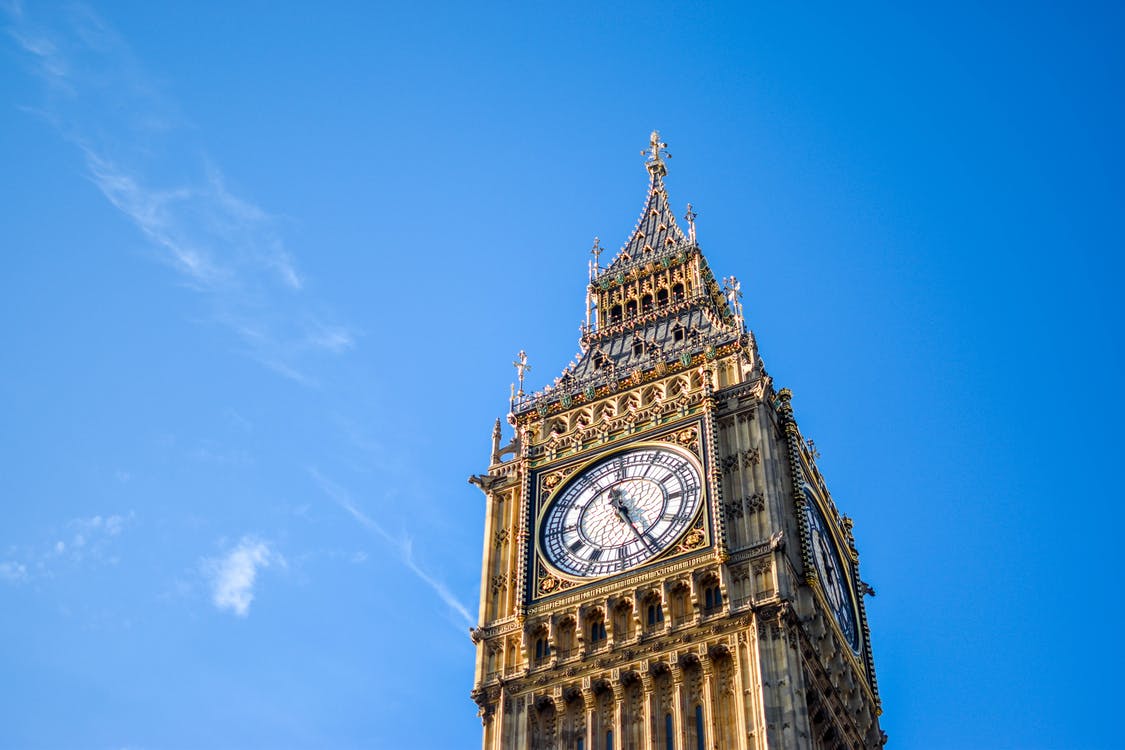In Customs, Imports and Exports: Changes in Post-Brexit VAT
Aside from the newly implemented IFRS standards, regulatory changes in customs in the UK are also undergoing a massive overhaul this 2021. Let’s see what are the implications of post-Brexit conditions to VAT and trading.

Different legislations following after the UK’s official exit from the European Union (EU) bombarded businesses and organizations. The state asserts its official independence from the bloc as they imposed new business and trading regulations come 2021.
Post-Brexit VAT rules for goods
Take note of the following changes in VAT rulings for goods as we go halfway through the post-Brexit regime.
Customs processes
The UK is no longer part of the EU single market, but the signed trade agreement between the two parties stipulates that there will be tariff-free and quota-free access to both markets albeit bureaucracies are to be imposed on businesses to move products to and from the UK.
A part of the new customs regulatory check is the UK Economic Operator Registration and Identification (EORI) for businesses with goods entering and leaving the UK, including Northern Ireland, prefixed with ‘GB’.
If your business doesn’t have an EORI number, there will be increased costs and delays on your end. Make sure you’re cleared of the paperwork before you get to the customs so the HMRC can seamlessly clear you from pending requirements.
For products moving between Great Britain (England, Scotland, and Wales) and Northern Ireland, your EORI number should start with ‘XI’ but make sure to obtain a GB EORI first to be eligible for the XI EORI.
Accounting for VAT post-Brexit
For import
UK businesses will now levy VAT when trading with EU countries in the same manner that they impose VAT to non-EU companies.
The HMRC automatically enrolled entities that are VAT registered, and had a previous trading relationship with Europe. Those firms below VAT threshold are required to apply online.
UK VAT registered businesses can now account for import VAT on their VAT return instead of paying for it when their goods arrive at the British port. This is what we call Postponed VAT accounting.
For products directly sold to the UK, sellers are required to register and pay for the VAT to HMRC, and are also held liable for accounting the VAT on goods when sold directly to UK citizens.
Related: Post-Brexit Impact on UK’s Financial Reporting
For export
When exporting goods to EU (and non-EU countries), businesses that are VAT registered in the UK remain to be zero-rated for UK VAT, which applies to you whether you’re exporting your products to a consumer (B2C), or to a business (B2B). There’s no need to observe distance selling rules anymore, or to verify the VAT status of the business. If you’re selling B2C to the EU, you are required to register for EU VAT depending on the requirements of the member state where you sell your goods.
Businesses can also activate the Common Transit Convention (CTC) where they are allowed to complete customs paperworks and procedures away from the border and defer import VAT, until the goods reach their destination. New measures are being put up by the government to minimize the number of businesses that require guarantee while goods are being moved.
In addition, the UK pulls out the VAT Mini One Stop Shop (VAT MOSS) so if you’re selling digital services to any EU countries you must declare your sales and pay your VAT to the member state you transact with. However, if you’re still using the scheme in providing digital services in the EU, make sure to register for the non-union MOSS in the individual EU state you sell your services to.
Northern Ireland and VAT
Northern Ireland border with the EU stays open, which means goods imported to Great Britain (England, Scotland, and Wales) from there will be imposed with the UK import VAT.
For businesses importing goods from Britain to Northern Ireland, EU import VAT is levied, but is eligible for deferment through postponed VAT accounting.
Terms of export and import between the EU (including Republic of Ireland) and Northern Ireland follow the current EU procedures.
The UK government is also implementing a new Trader Support Service to guide businesses in moving goods to and from Northern Ireland and Great Britain as changes are made in the Northern Ireland Protocol. It is also a helpful support for non-UK countries to bring goods into Northern Ireland.
The introduction of the post-Brexit VAT will remain a focus for businesses trading with the EU and the UK in the coming months, as it signals significant modifications in the usual customs measures the countries have been practicing for decades. Make sure you understand Brexit-related changes so you can apply them accordingly in your accounting procedures. But in the event you find it too laborious to attend to, having the right talents in your team will do the work for you.
D&V Philippines is a finance and accounting powerhouse that can lend you a hand in managing Brexit related qualms in your numbers. Our talents have an updated knowledge about UK rulings so you’re guaranteed your books are in the right hands. Get your copy of our whitepaper D&V Philippines: Your Talent Sourcing Partner to learn how our team of experts can help you meet the changing requirements of the industry, or get in touch with us today.




